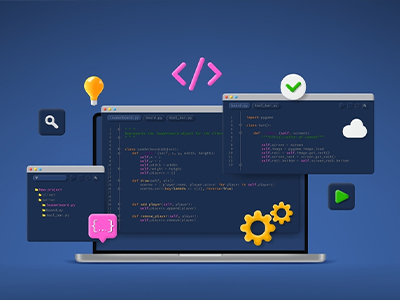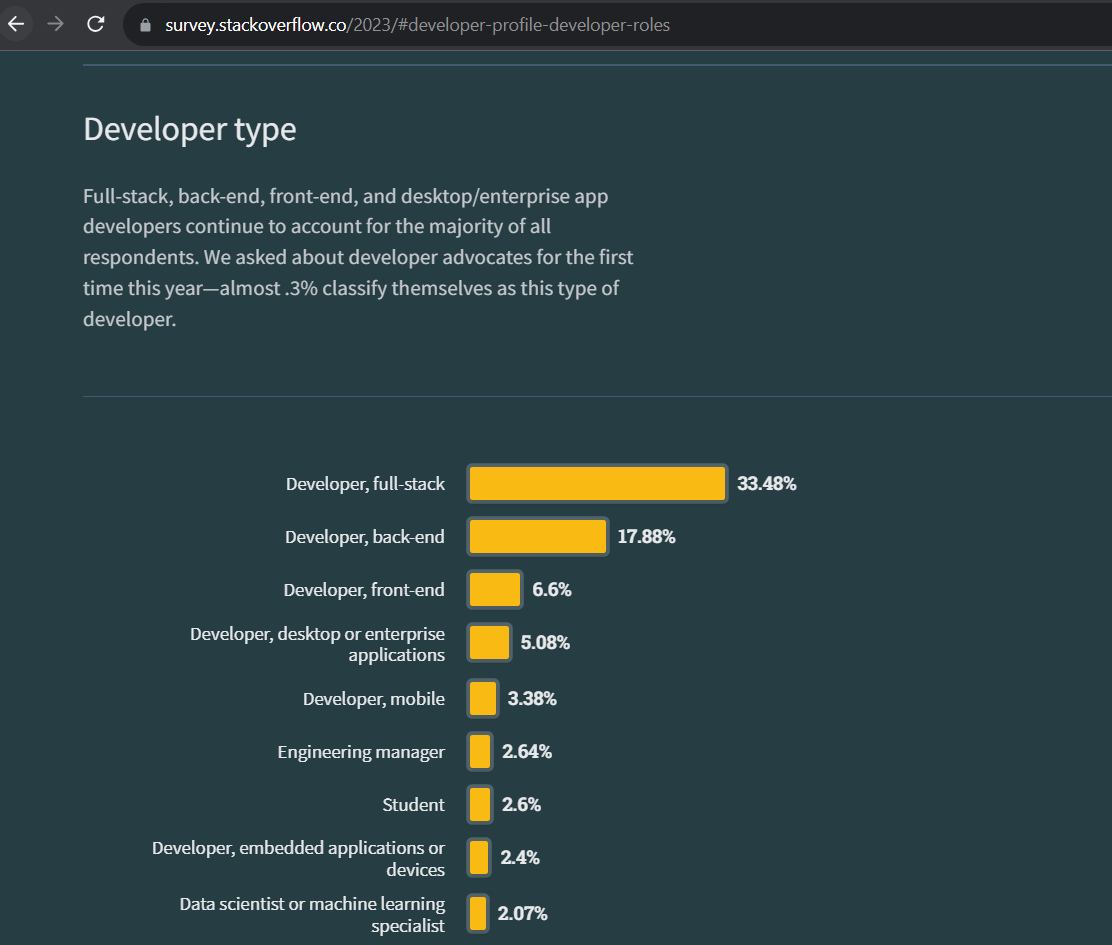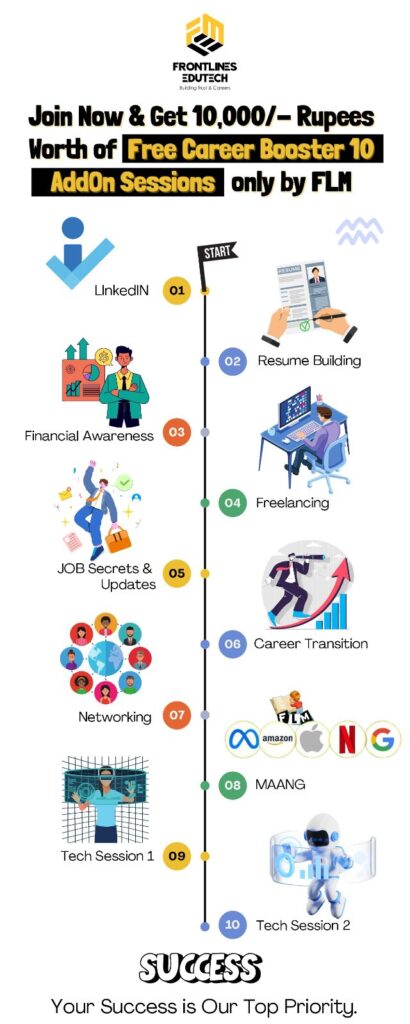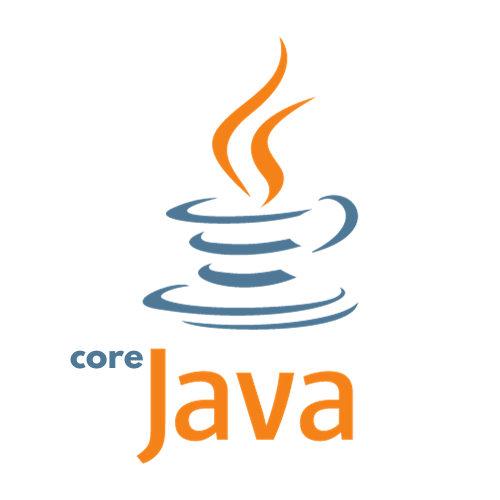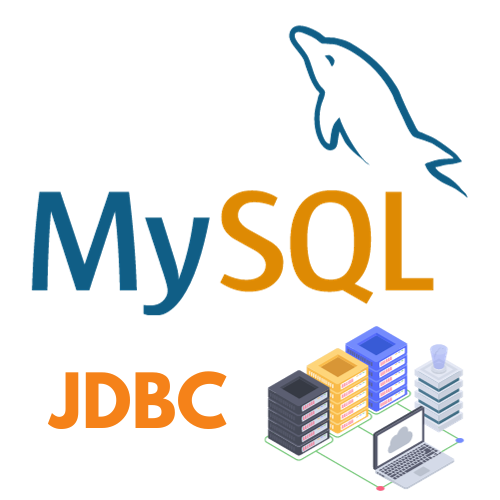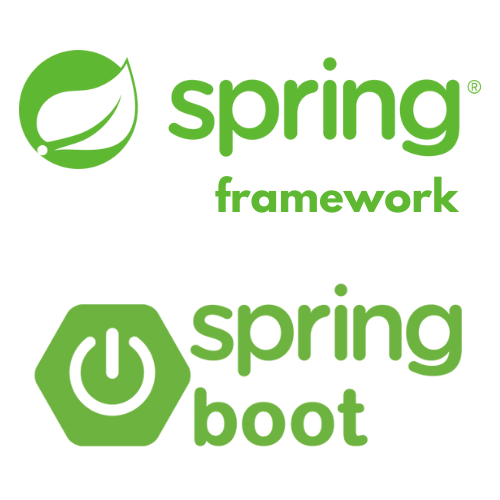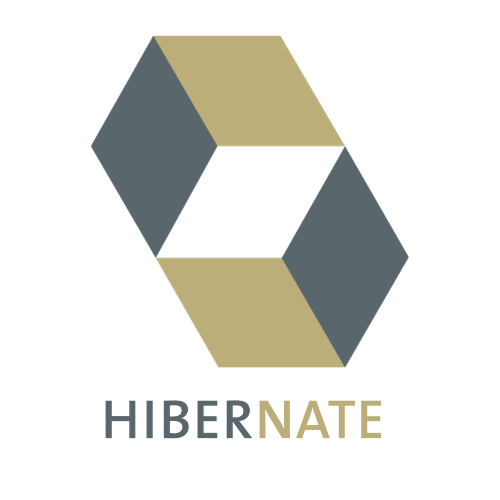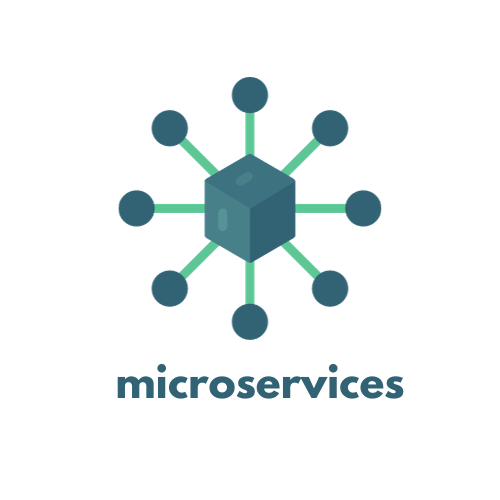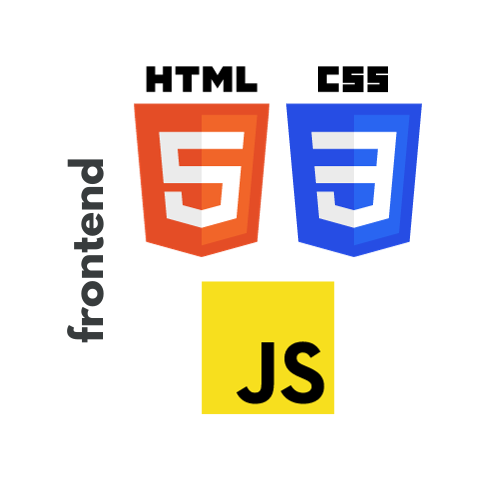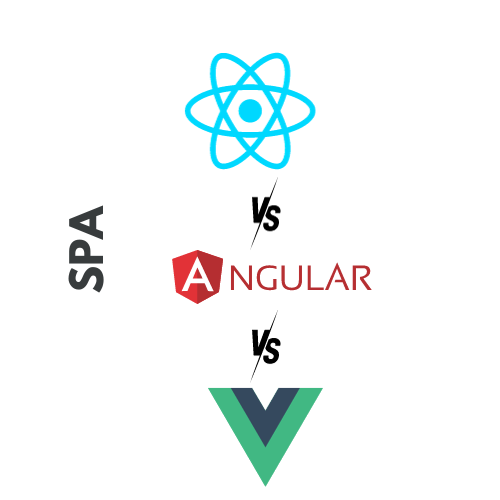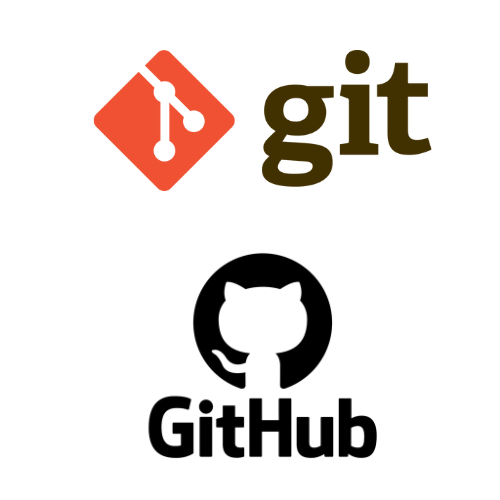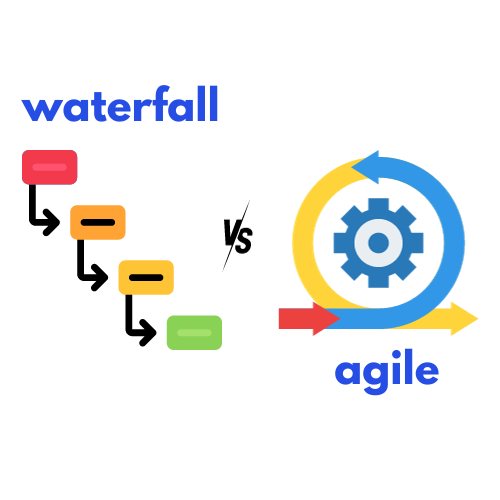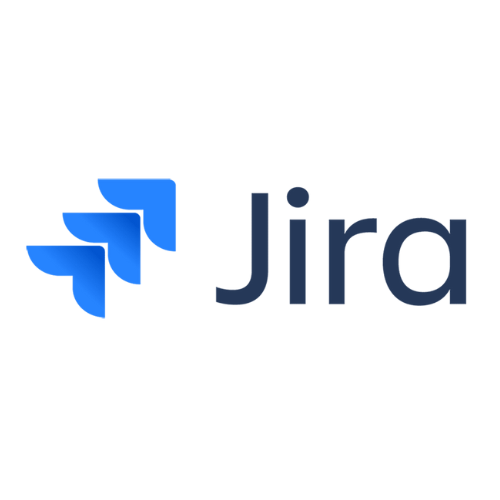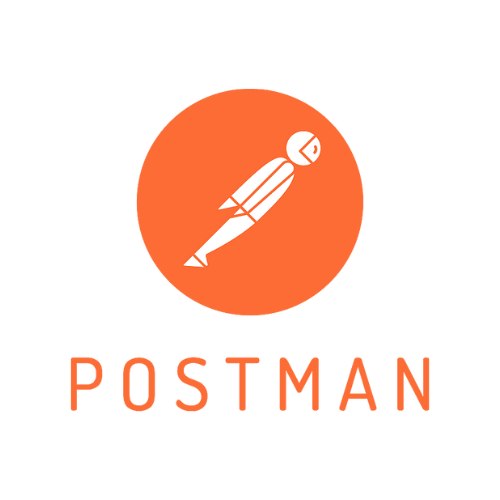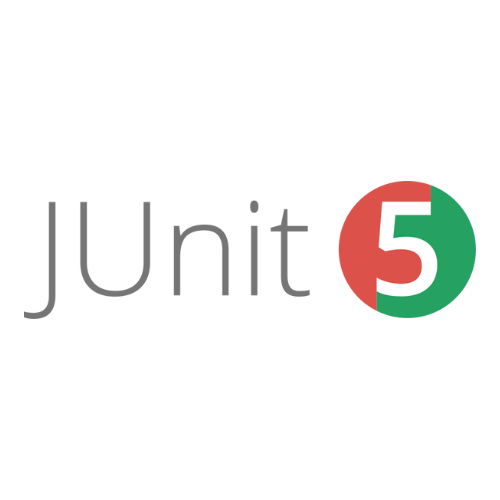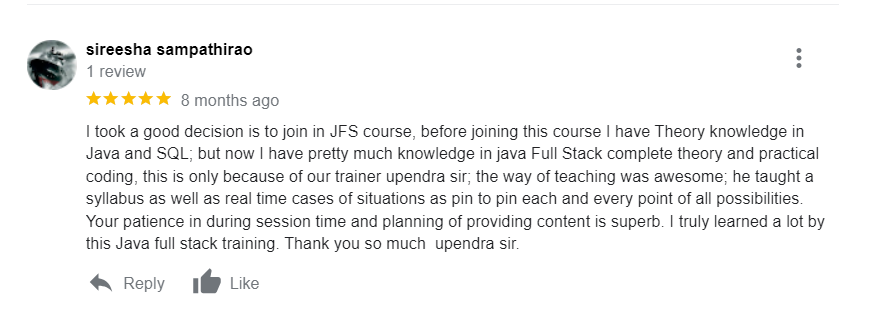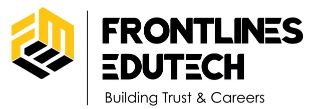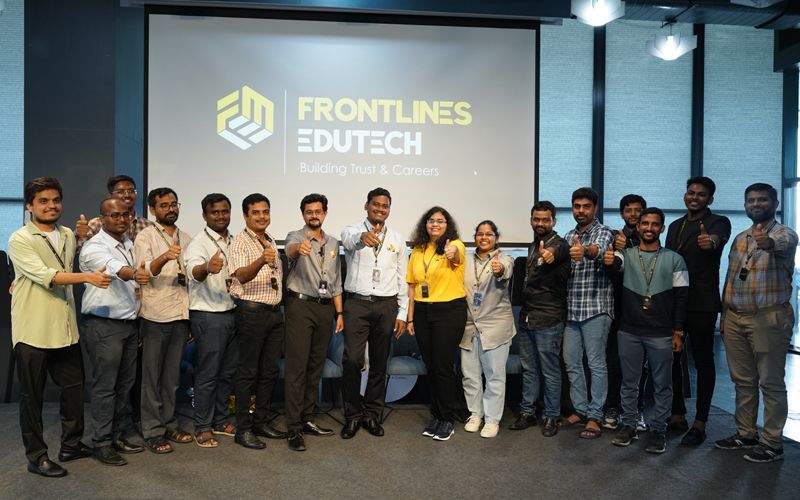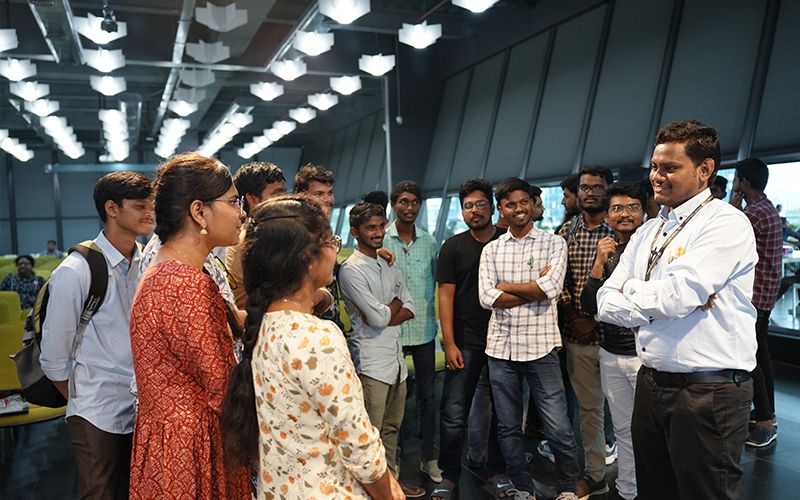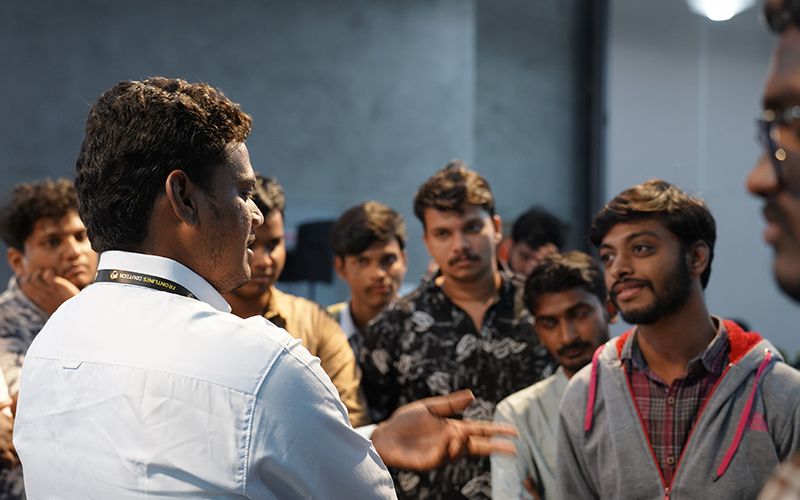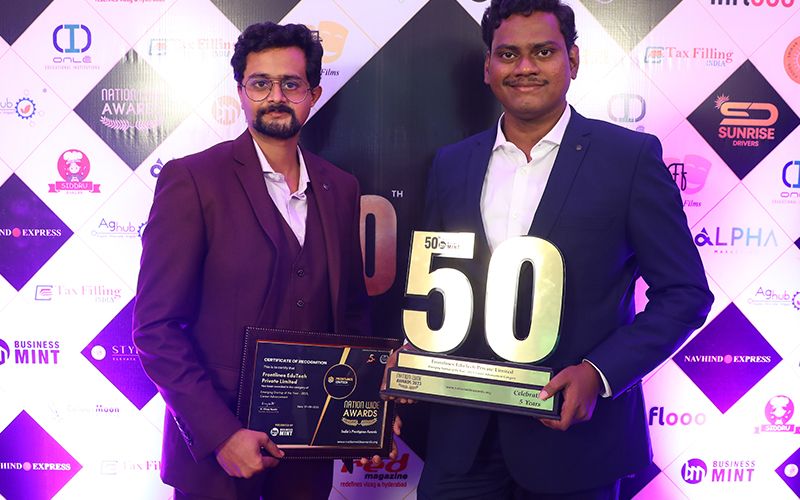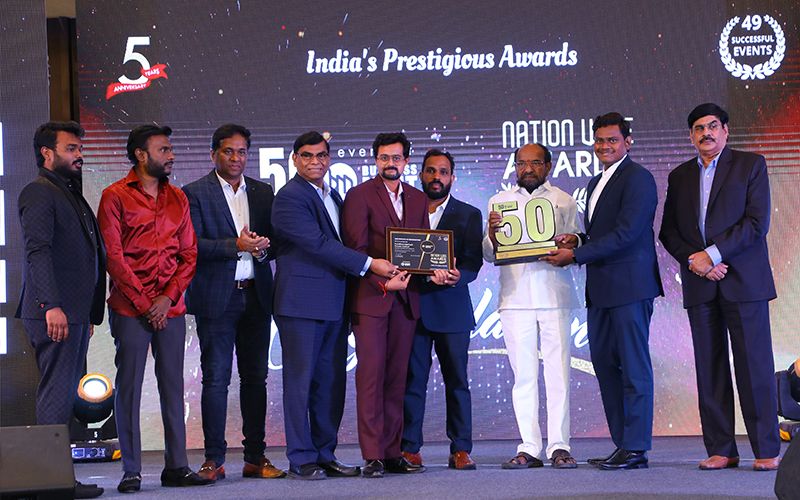Java Full Stack Development, encompassing both front-end and back-end development using Java technologies, finds its applications across various domains due to its robust, scalable, and secure nature.
Here are some prominent areas where Java Full Stack is utilized:
1. Web Applications
Example: E-commerce websites, educational platforms, and social media sites.
Usage: Java Full Stack is used to develop interactive and dynamic web applications, ensuring a seamless user experience and efficient data management.
2. Enterprise Applications
Example: ERP (Enterprise Resource Planning) and CRM (Customer Relationship Management) systems.
Usage: Java, especially with the Spring framework, is widely used to create enterprise applications that manage business processes and customer interactions.
3. Mobile Applications
Example: Android apps for e-commerce, healthcare, or social networking.
Usage: Java Full Stack developers can create APIs and backend logic for mobile applications, ensuring data consistency and security across platforms.
4. Financial Services
Example: Online banking systems, trading platforms, and financial analytics tools.
Usage: Java Full Stack is employed to manage secure transactions, real-time processing of data, and to comply with regulatory requirements in financial services.
5. Health Care
Example: Patient management systems, telemedicine platforms, and health informatics solutions.
Usage: Java is used to build secure and HIPAA-compliant applications that manage patient data, facilitate remote consultations, and handle billing and insurance processes.
6. E-Commerce
Example: Online shopping platforms and retail management systems.
Usage: Java Full Stack helps in developing e-commerce platforms that manage product catalogs, handle transactions, and provide user-friendly interfaces.
7. Gaming Industry
Example: Online gaming portals and multi-player games.
Usage: Java is utilized to build gaming servers, manage user data, and ensure real-time synchronization in multi-player games.
8. Content Management Systems (CMS)
Example: Blogging platforms and website builders.
Usage: Java Full Stack is used to create CMSs that allow users to manage content, handle user authentication, and provide customizable templates.
9. IoT (Internet of Things) Solutions
Example: Smart home systems and industrial IoT applications.
Usage: Java can be used to manage data flow between IoT devices and servers, ensuring data integrity and secure communications.
10. Cloud-Based Applications
Example: Cloud storage solutions and SaaS (Software as a Service) applications.
Usage: Java Full Stack facilitates the development of scalable and robust cloud applications that manage data storage, processing, and user access effectively.
and more...



